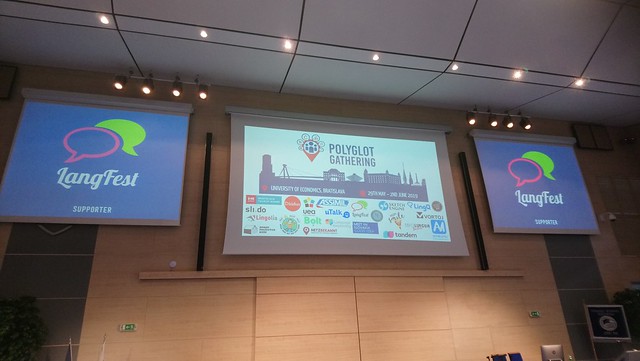On an episode of the Talk the Talk podcast that I listened to today, they discuss fossil words or, as presenter Daniel Midgely calls them, oxbows, which is a rather poetic and fitting name from them.
An oxbow lake is a part of a river that has got cut off from the main stream due to the changing course of the river, and a fossil word or oxbow is one that’s only used in one or two expressions, and is no longer part of the main stream language.
Some examples they gave include kith and kin, to and fro, and akimbo, as in arms/legs akimbo.
Other examples of fossil words / oxbows include:
- by dint of = because of, by means of – dint is an old word for a blow or stroke, force, power, or the mark left by a blow
- in high dudgeon = indignant and enraged – dudgeon possibly comes from the Welsh dygen (anger, sad, grievous, painful, serious). A related words is the old Scots word humdudgeon, meaning an unnecessary outcry of complaint, or an imaginary illness
- in fine fettle = in good condition, energetic – fettle is nothern English dialect word meaning one’s physical condition or mental state.
- the whole shebang = everything, the entire thing – shebang might come from the French chabane (hut, cabin), or from the Hiberno-English shebeen (a cabin where unlicensed liquor is sold and drunk), from the Irish síbín (illicit whiskey).
Do you know others in English or other languages?







